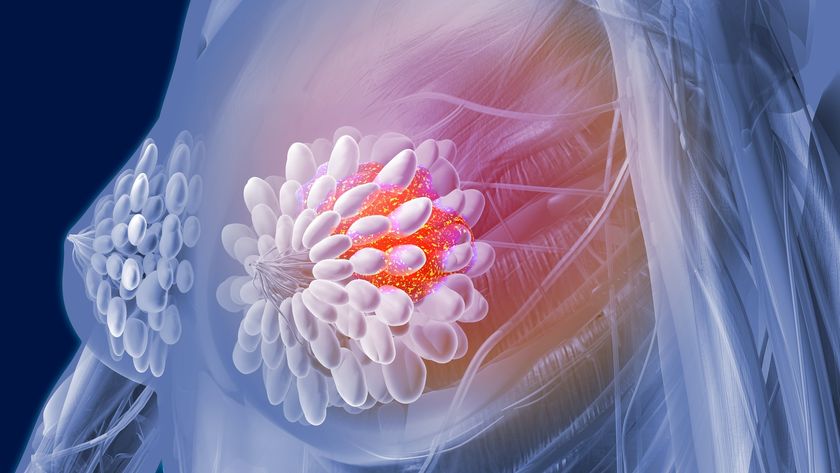
New Breast Cancer Gene Test Gives Patients More Options

A new test has been introduced to screen for inherited forms of breast cancer, offering patients an alternative to the test developed by Myriad Genetics, which was long the sole option available. Myriad's genetic test was at the forefront of the U.S. Supreme Court's decision this summer when it ruled that genes cannot be patented.
Today, the medical testing company Quest Diagnostics announced it has developed a genetic test it calls BRCAvantage, which identifies mutations in the BRCA1 and BRCA2 genes. Mutations in these genes sharply increase a person's risk for breast and ovarian cancer.
Previously, Myriad Genetics held a patent on BRCA1 and BRCA2 genes, which gave the company a monopoly on testing for mutations in these genes. But the Supreme Court invalidated those patents this summer in its ruling. Quest is the largest company to start offering BRCA1 and BRCA2 testing since the Supreme Court decision.
In a statement, Quest Diagnosis says it hopes to increase the availability of BRCA1 and BRCA2 testing among at-risk populations. BRCAvantage is available in 49 states so far, and patients can submit blood for testing at more than 2,100 service centers, Quest said.
BRCA mutations are not common; in the general population, about 1 in 400 people have BRCA mutations, according to the National Cancer Institute. BRCA mutations account for 5 to 10 percent of breast cancers, and 15 percent of ovarian cancers, according to the Mayo Clinic.
Sign up for the Live Science daily newsletter now
Get the world’s most fascinating discoveries delivered straight to your inbox.

Rachael is a Live Science contributor, and was a former channel editor and senior writer for Live Science between 2010 and 2022. She has a master's degree in journalism from New York University's Science, Health and Environmental Reporting Program. She also holds a B.S. in molecular biology and an M.S. in biology from the University of California, San Diego. Her work has appeared in Scienceline, The Washington Post and Scientific American.











